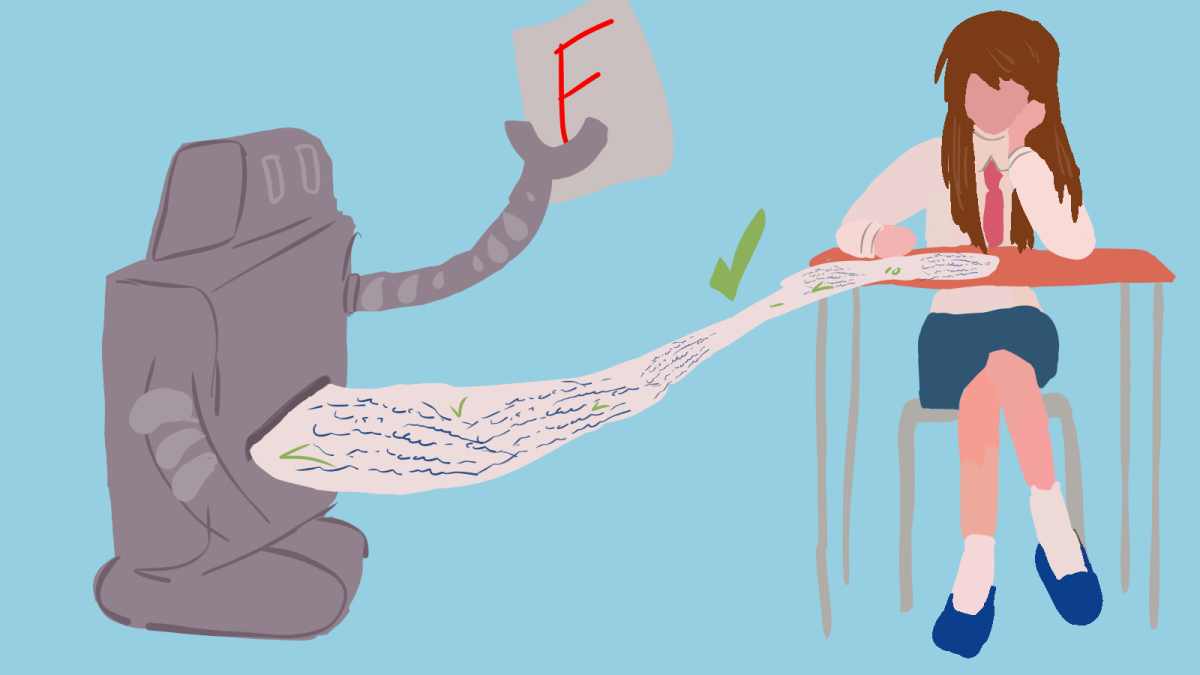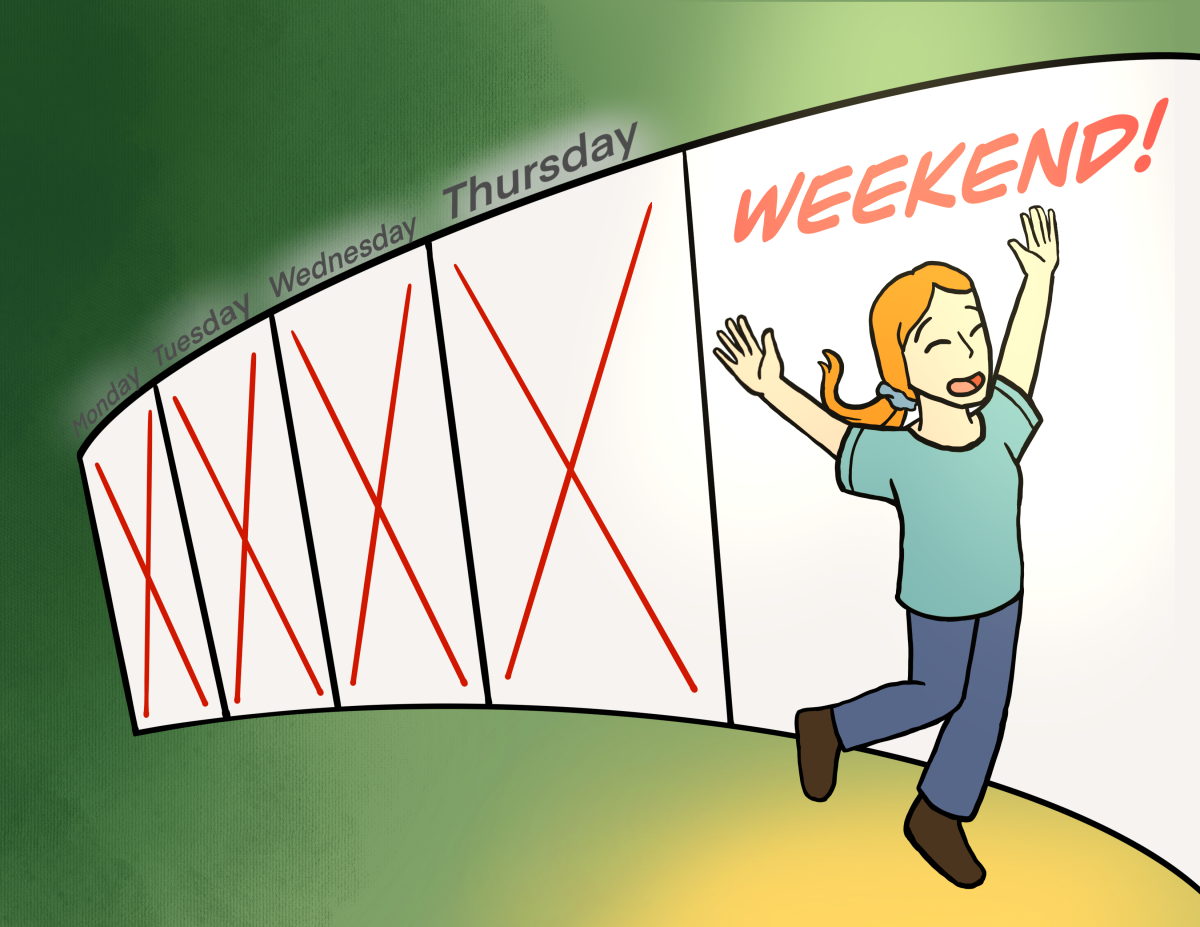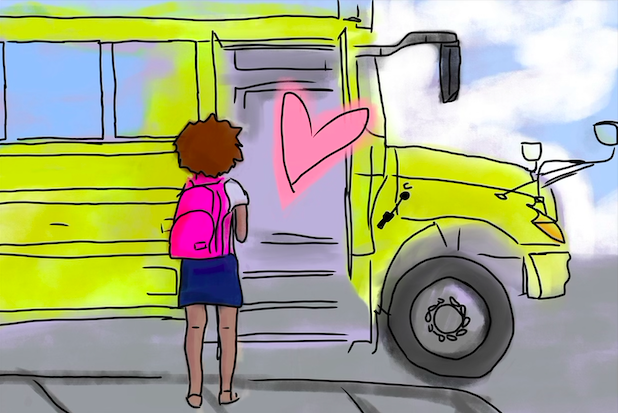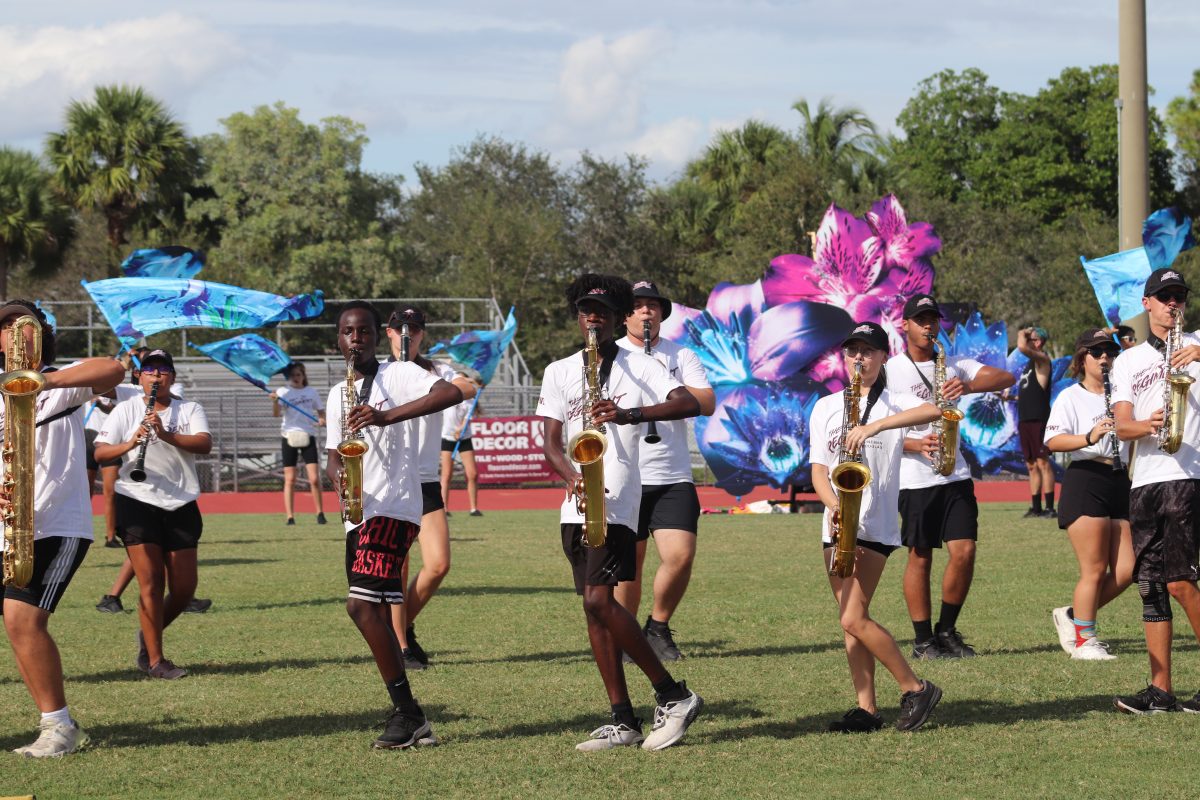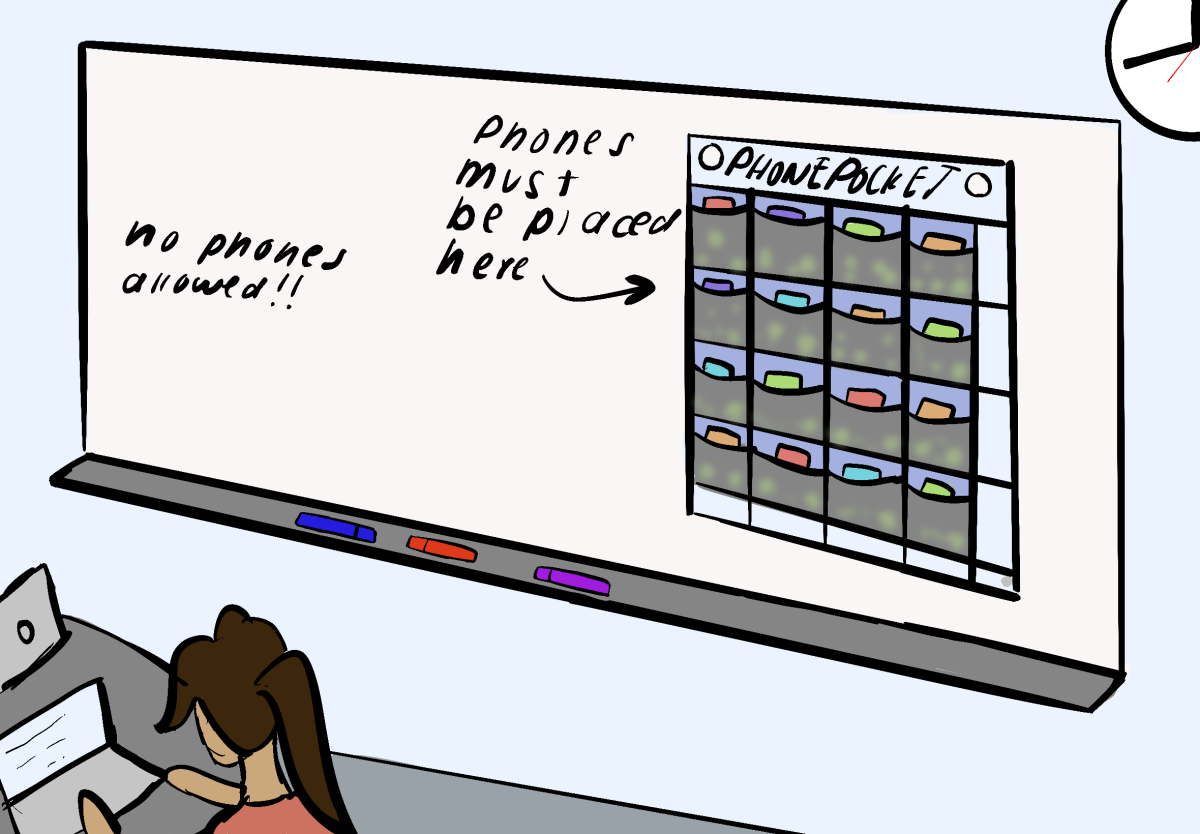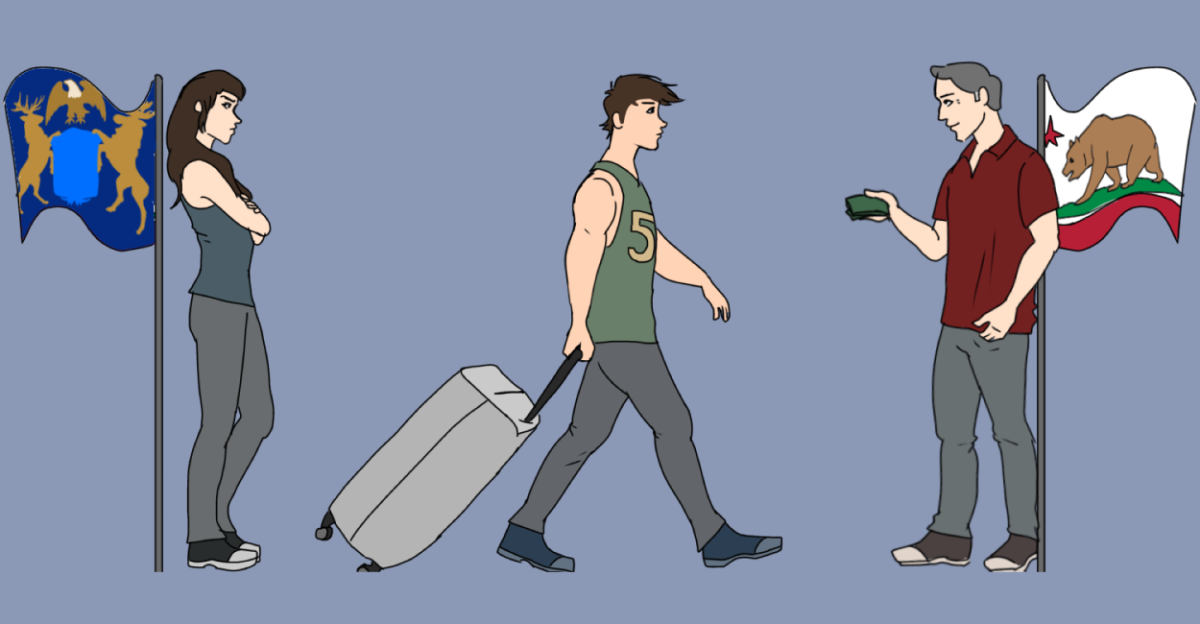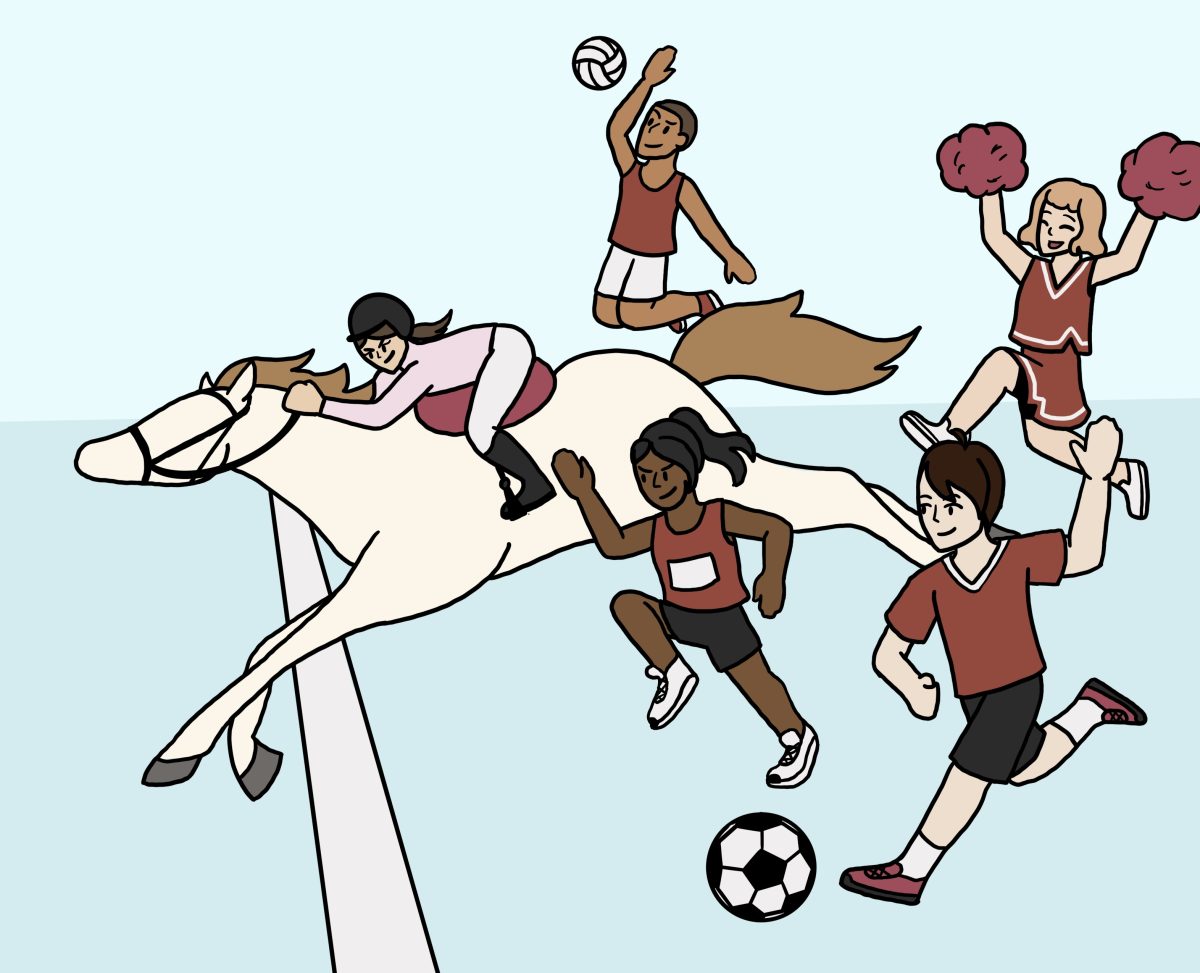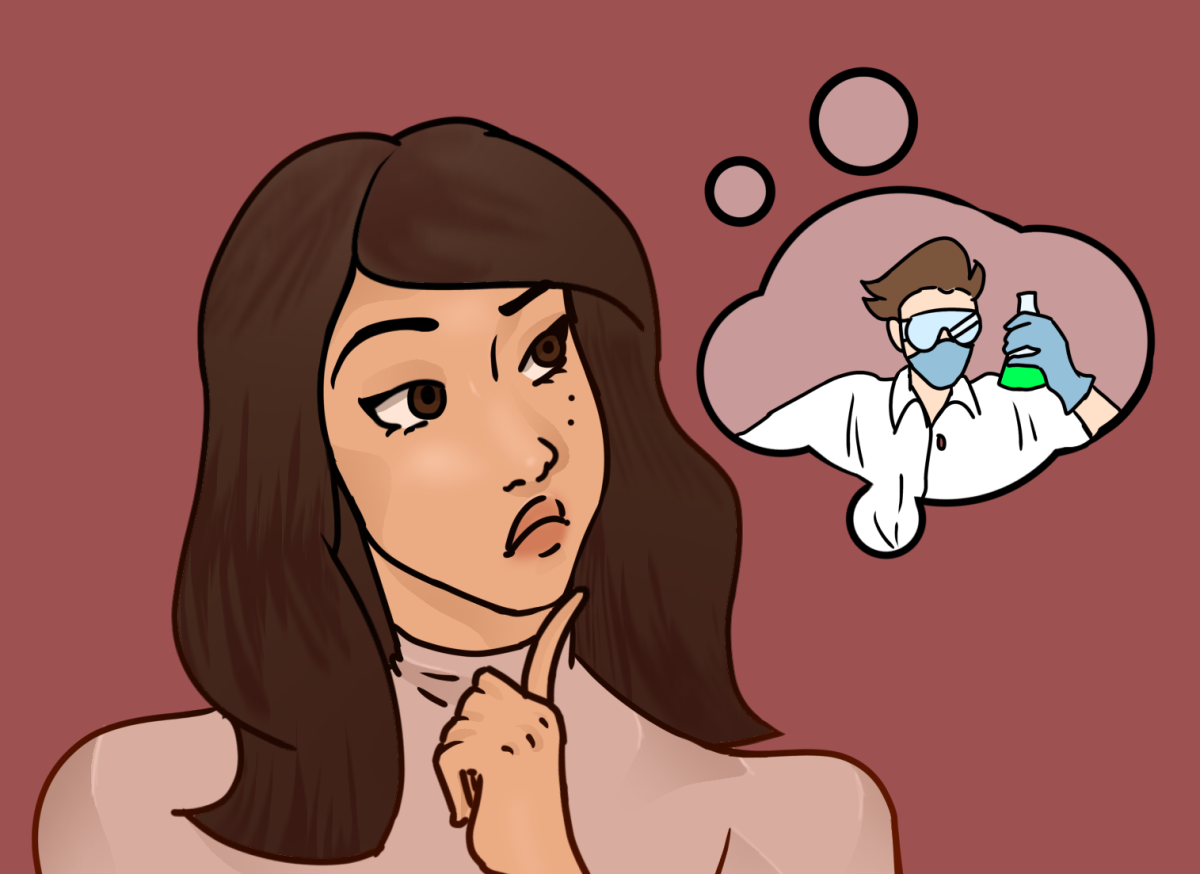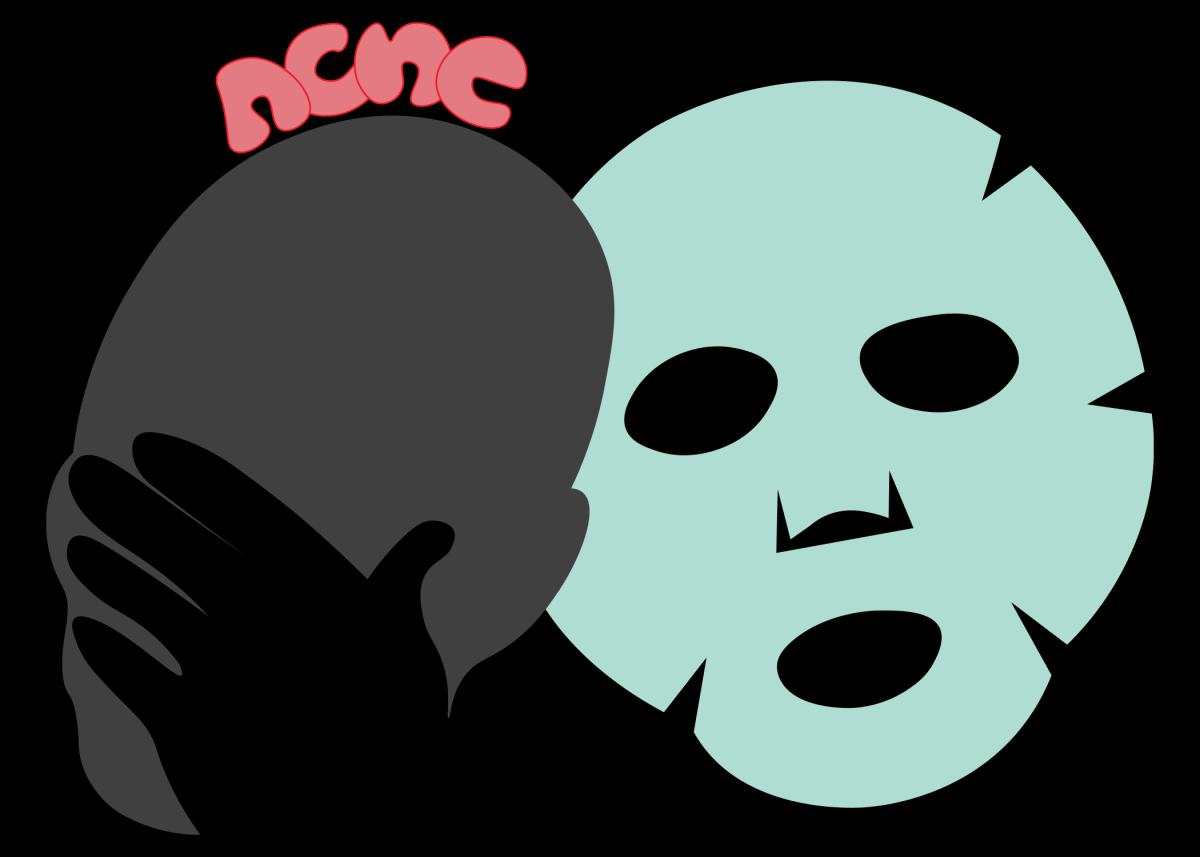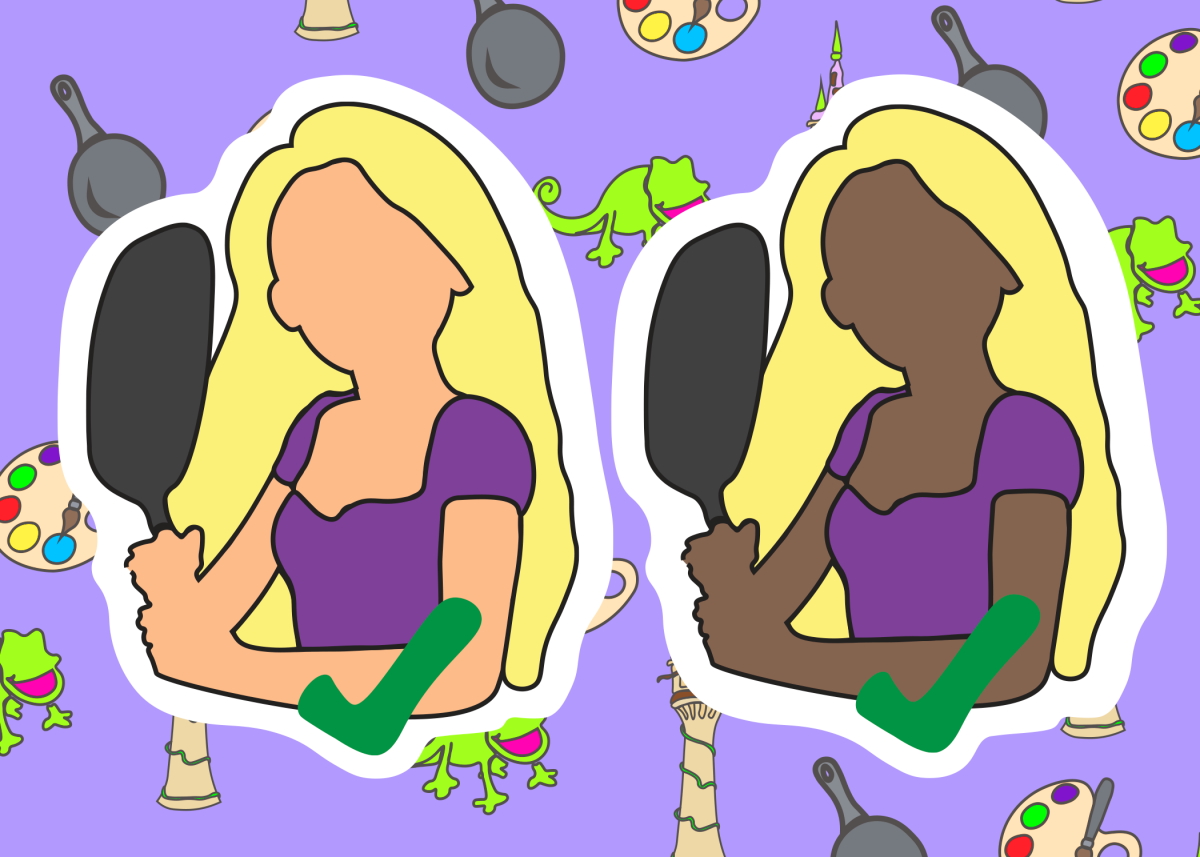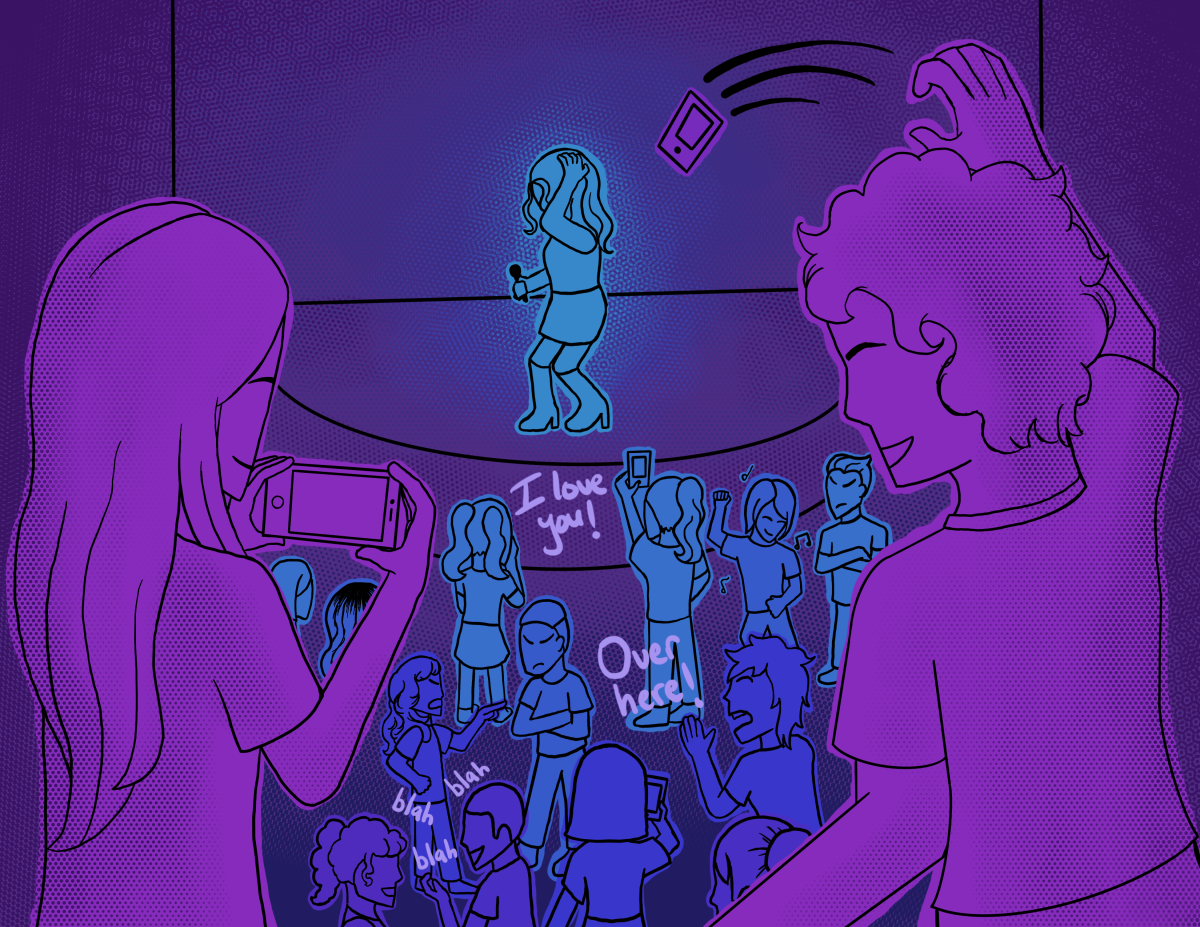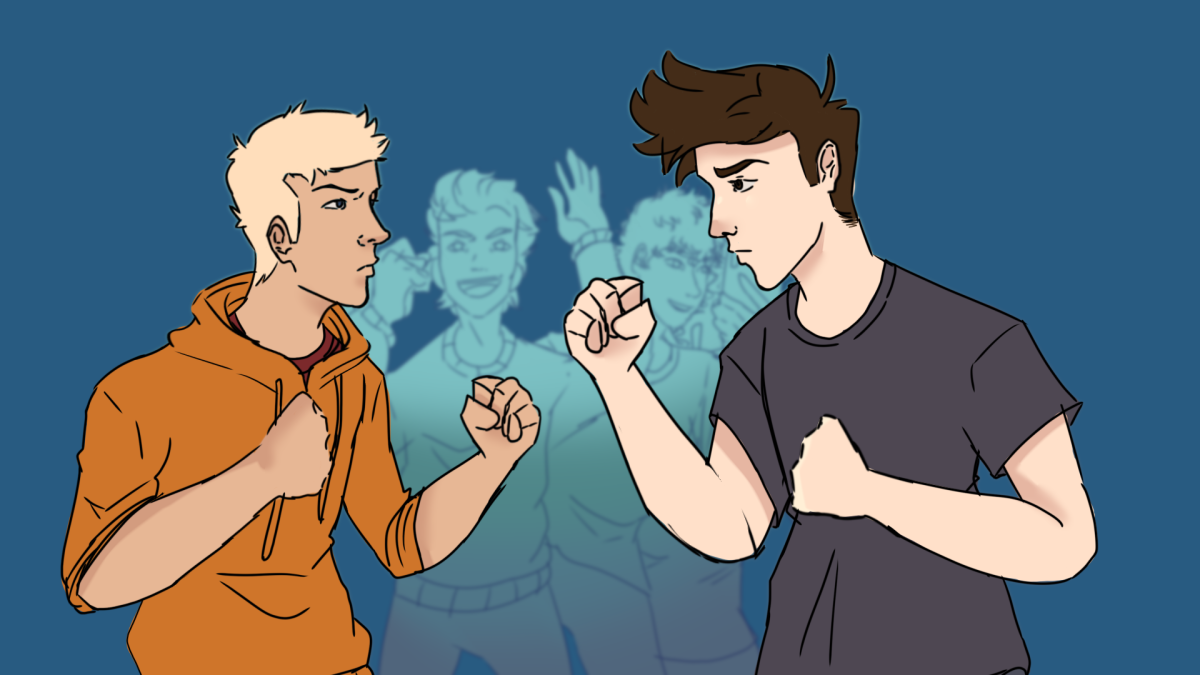Whether it be the charming “Pride and Prejudice,” the thrilling “Fahrenheit 451” or the terrifying “Frankenstein,” classic novels offer a glimpse into the past. However, as time goes on, more and more teachers are leaving these books behind and having their students read more modern novels. Instead, teachers should be doing the opposite: having their students read more classic novels.
Although there is no true definition of what makes a classic novel a classic, such books typically focus on universal themes and have impacted many generations. Examples of classics include “1984” by George Orwell, “The Great Gatsby” by F. Scott Fitzgerald and “Jane Eyre” by Charlotte Brontë. These books discuss themes like family power and coming of age.
Reading literature from the past allows students to become better, more well-rounded readers. According to a study done by WordsRated, 70% of students believe reading classic books is a beneficial activity for them. The same study showed that 80% believe that classical titles are still relevant to the modern world, and that it is necessary for them to read them.
It is not uncommon for references to be made to classic novels on television and in real life, and if the practice of reading classic literature keeps dying in schools, teens will not be able to understand them. Disney, for instance, has experimented with classical literature. Some of the company’s most popular movies, such as “Lion King,” are retellings of classical stories; for “Lion King,” that story is “Hamlet.”
Reading classic novels also prepares students more for standardized testing and the SATs. According to College Board, literature selections on the SAT come from both classical and
contemporary literature. Unfortunately, students are not prepared enough for the classical literature sources because of the confusing word choices. If schools introduce classic literature to students before the SATs and other standardized tests, students will be better able to understand the classic literature excerpts on them and score higher.
As time goes on, classical books are starting to disappear in school districts and are being replaced by books that do not challenge readers, or are generally easier to read. Reading scores continue to go down because of the lack of prepared students when it comes to the classics.
Schools are also taking classical literature away from their students because they feel as if they are not yet ready to deal with the topics discussed in the novels. Most high school students are mature and ready to deal with topics such as death, war and love so they can learn from the themes.
In the modern day, it is also easy to let governments control what students read in schools. According to the Free Speech Center, many governments feel that the stories of classics are outdated and too hard for students to understand. If the government slowly takes away classical literature, students will lack the reading and vocabulary skills necessary for life. A famous quote from “Fahrenheit 451” relates to this, saying, “You don’t have to burn books to destroy a culture, just get people to stop reading them.”
Classical literature has been around for generations, allowing many families to bond over the novels. Classics can instantly become a talking point for people of any age and instigate genuine and compelling discussions about their contents.
By reading a classic novel, readers get to take a break from all of the stress of their current lives and go along on the adventure of a beloved character they have never met. Although this may be true for all novels, classic novels often contain valuable lessons and provide people with deep connections to their characters. Classics have the unique ability to transport people into a time period they will never experience themselves, in a historically accurate manner.
Instead of trying to hide classic novels, educators and students should embrace them and learn from the mistakes made by the characters in them. Even though classic novels might bore students, schools should find fun and engaging ways to make classic novels part of their curricula in English classes for the benefit of students in the long run.





